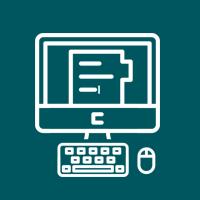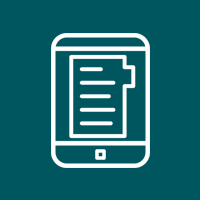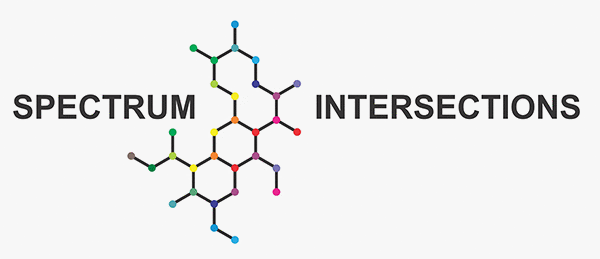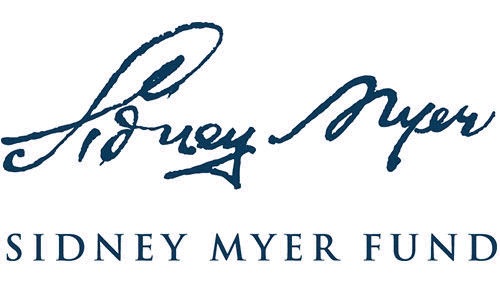Self Advocacy in Healthcare

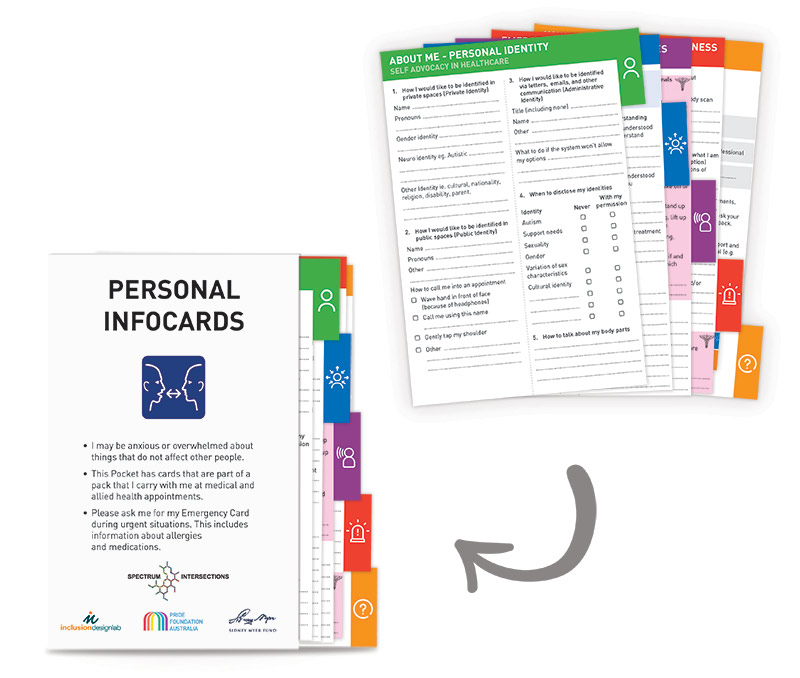
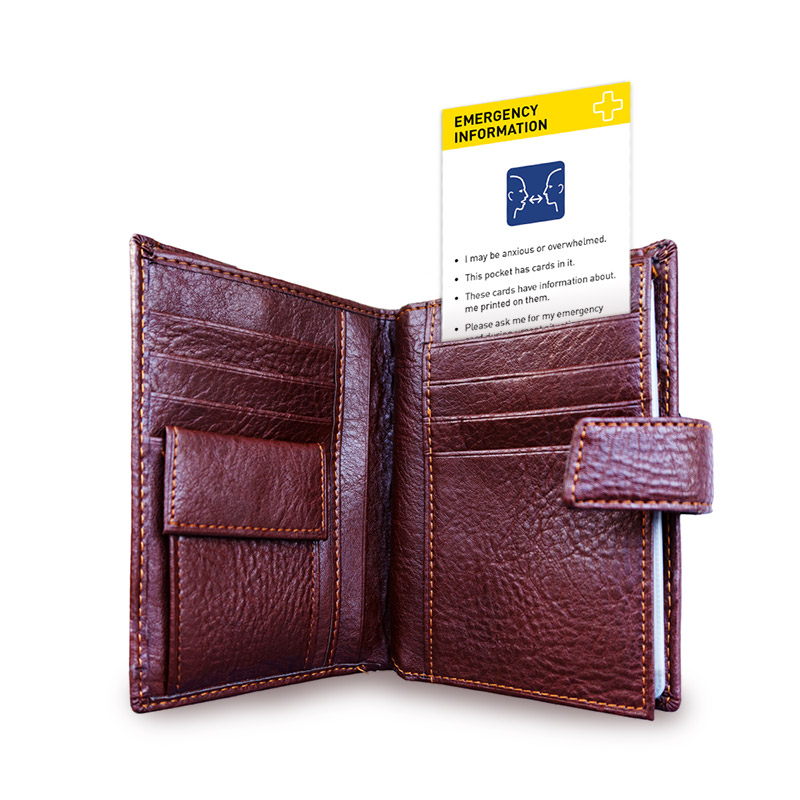
About the resources
LGBTIQA+ autistic people experience greater difficulty in accessing healthcare that meets their needs. The resources that comprise Self Advocacy in Healthcare are designed to bridge the gaps between autistic LGBTIQA+ individuals and healthcare professionals within a patient centred multidisciplinary model and ensure informed consent is met.
Due to the different expressions of the autistic experience, many autistic people feel misunderstood during medical appointments and healthcare treatment. This, combined with healthcare access issues faced by members of the LGBTIQA+ community, can result in LGBTIQA+ autistic people struggling to have their basic healthcare needs met.
Accurate and effective care and treatment of autistic people can be met by providers through:
- Respecting and adapting to different communication styles and needs
- Increasing understanding of autistic experiences and needs
- Provision of accommodations when requested
- Tackling stigma and stereotypes about autistic people
- Reducing assumptions about individual patients
This resource was developed in response to the needs of LGBTIQA+ autistic communities, including members from Spectrum Intersections and beyond. This toolkit has been co-designed by autistic LGBTIQA+ people for autistic LGBTIQA+ people to allow them an opportunity to self advocate through the healthcare system.
The identity first term autistic person has been chosen over person with autism.
While there is a clear division globally regarding the terms disabled person and person with disability, with the exception of person with intellectual disability where person first language is dominant, the autistic community is far less divided. Self-advocates regularly indicate their preference for identity first, rather than person first, language.
Self Advocacy in Healthcare: A toolkit for LGBTIQA+ autistic people, their family, carers, friends, support workers, and advocates
Self advocacy in healthcare is a dual-read guide for autistic people and their supporters. It guides people through the use of the personal infocards, and offers guidance for completing the cards.
This guide includes information specifically for healthcare professionals, providing additional information and resources about the healthcare needs of autistic people.
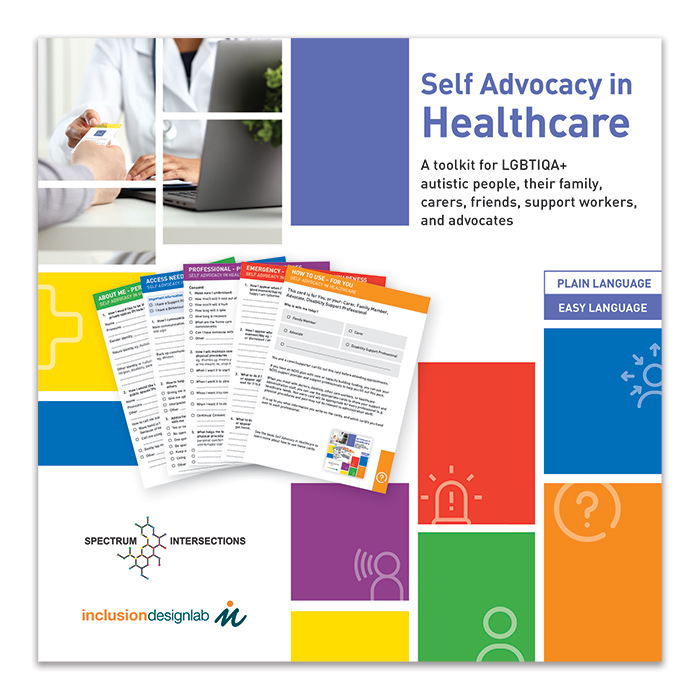
Self Advocacy in Healthcare: Personal Infocards
Personal Infocards can help someone quickly explain their needs to a doctor, dentist, other health professional, or health administrator. They can help people to communicate about their needs, body, health, and treatment clearly. The cards are grouped into common areas of communication, and separated to allow choice and control over the sharing of information.
The Personal Infocards consist of:
- A Wallet Card which has emergency information about the person, autism, and the other infocards
- The About Me card has information about a person’s identity information, and appointment needs
- The Access Needs card has information about communication and environmental needs
- The Professional card going through a persons needs in physical procedures, and how they experience pain
The Emergency card communicates crisis and self-awareness information as well as medication and allergies for emergency purposes - The How To Use card goes through how these cards are to be used by autistic people, and by health professionals.
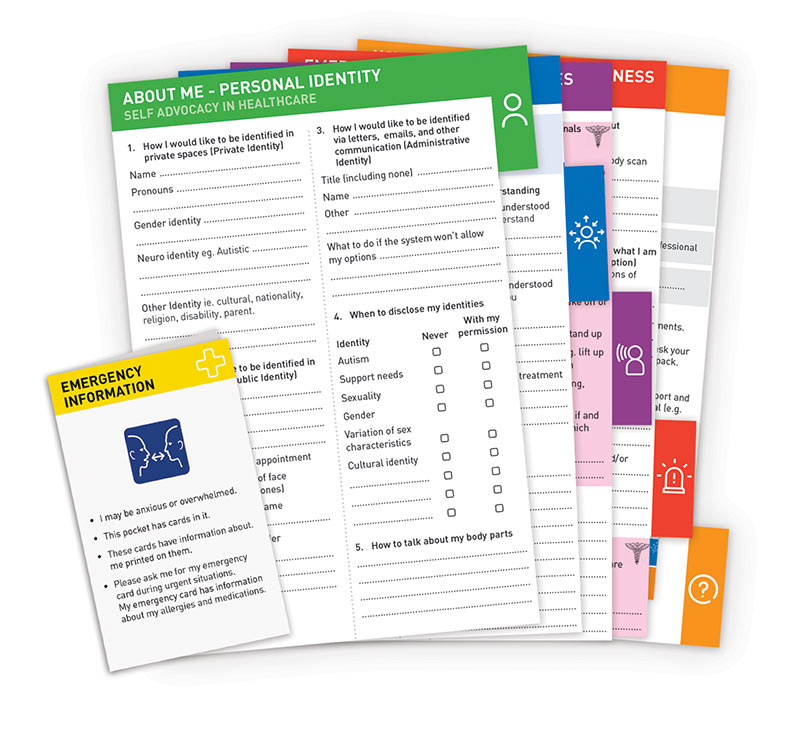
4 ways to access the cards
About Spectrum Intersections
Spectrum Intersections is a peer led group for people 18+ who identify as lesbian, gay, bi+, trans, gender diverse, intersex, queer or asexual+ (LGBTIQA+) and as being on the neurodiversity spectrum, which includes but is not limited to autism spectrum, attention deficit / hyperactivity condition, tourette’s syndrome, obsessive compulsion, dyslexia, dyspraxia, dyscalculia, epilepsy, and other conditions that lead to brain functioning that is not neurotypical.
Members do not require a medical diagnosis of autism or neurodiversity to attend the free peer group, and recognises the current access barriers that exist in gaining diagnoses. Spectrum Intersections is a safe space and learning environment for people without fear of judgement, misunderstanding, harassment or abuse.
Spectrum Intersection provides connection, advocacy, and education to:
- LGBTIQA+ neurodiverse people, their friends, families, and supports
- Community advocacy through board representation
- Professional spaces through training and workplace/service consultancy
Spectrum Intersections supports lesbian, gay, bi+, trans, gender diverse, intersex, queer, and asexual+ (LGBTIQA+) neurodivergent people to experience social inclusion and belonging in their communities, with a focus on understanding that LGBTIQA+ and neurodivergent identities are core to personal identity, expression, communication, and connection.
This approach to inclusive support is aligned with the Disability Act Vic (2006), the UN Convention on the Rights of Persons with Disabilities (2006), the National Disability Insurance Scheme Act (2013), Mental Health Act Vic (2014), Victorian Human Service Standards and evidence based practices such as Person Centred Active Support.




